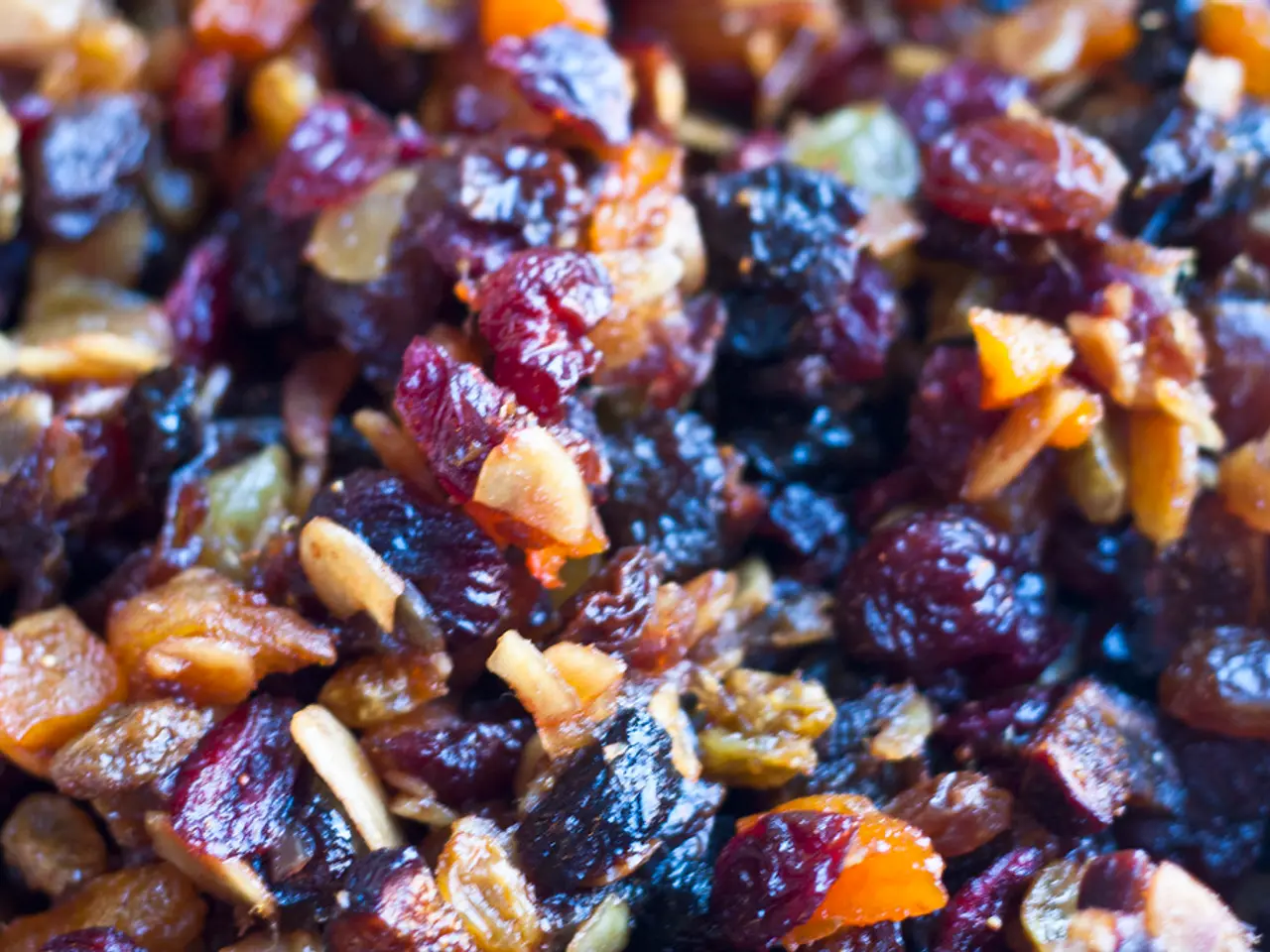Report titled "Make America Healthy Again": Approach steers clear of scrutinizing pesticides and processed foods intensely
The Trump administration's strategy to improve public health, titled "Make America Healthy Again" (MAHA), is underway. Led by US Health and Human Services Secretary Robert F. Kennedy Jr., who heads the MAHA Commission, the initiative is shaping up to prioritize research and education over immediate regulatory action.
The draft MAHA report, dated August 6, emphasizes this research-first approach. On farm-used pesticides, the document recommends conducting further scientific studies rather than imposing tighter regulations or bans. Regarding ultraprocessed foods and snacks, there is no indication of regulatory crackdowns; the approach favors reducing artificial food dyes and promoting healthier lifestyles over direct restrictions on processed food items.
The strategy aligns with an educational and research-driven framework rather than aggressive interventionist policies. The administration is still allocating funds to support prevention programs and research, showing priorities centered on future policy development rather than immediate regulatory enforcement.
However, not everyone is satisfied with this approach. Hundreds of MAHA advocates have signed a letter urging President Trump to rebuke a congressional proposal that would shield pesticide and "forever" chemical manufacturers from lawsuits linked to their products. The letter, which includes former Kennedy campaign supporters, MAHA influencers, and the nonprofit Children's Health Defense, argues that there is significant evidence linking these chemicals to cancers, liver disease, and other complications.
Meanwhile, the commercial farming groups have expressed opposition to further pesticide regulations. The blowback from farming groups prompted public assurances from Kennedy and Agriculture Secretary Brooke Rollins that the administration prioritizes farmers and Americans' confidence in the food supply.
The MAHA Commission is set to release its finalized recommendations for addressing chronic diseases among American children in the coming weeks. The draft document does not recommend targeting specific pesticides like glyphosate, which has been a priority for Kennedy and his supporters.
As part of the strategy, the administration will launch awareness campaigns around the benefits of whole foods but is not unveiling any regulatory crackdown on ultraprocessed snacks. The draft document suggests that the FDA will take an aggressive approach to authorizing new additives in ultraprocessed foods, focusing on reducing artificial food dyes and promoting healthier lifestyles.
The document also prioritizes research and precision technology to help farmers reduce pesticide use, reflecting the administration's cautious stance on farm-used pesticides. The Environmental Protection Agency (EPA) will work to ensure public awareness and confidence in its pesticide review procedures.
In summary, the finalized MAHA strategy as currently drafted is characterized by calls for more research and education on pesticides and ultraprocessed foods, without imposing regulatory crackdowns or bans on ultraprocessed snacks. The approach focuses on promoting awareness and physical activity but stops short of implementing firm policies targeting pesticides or ultraprocessed food products.
- The Trump administration's strategy, titled "Make America Healthy Again" (MAHA), prioritizes research and education over immediate regulatory action in the realm of health and wellness.
- In the draft MAHA report, there is no indication of regulatory crackdowns on ultraprocessed foods; instead, the approach focuses on reducing artificial food dyes and promoting healthier lifestyles.
- The strategy aligns with an educational and research-driven framework, with the administration allocating funds for prevention programs and research, indicating a future-oriented approach to policy development.
- Hundreds of MAHA advocates have urged President Trump to rebuke a proposal that would shield pesticide and "forever" chemical manufacturers from lawsuits, citing evidence linking these chemicals to health complications.
- The MAHA Commission's finalized recommendations for addressing chronic diseases among American children will be released soon, but the draft document does not recommend targeting specific pesticides like glyphosate.
- As part of the strategy, the administration plans to launch awareness campaigns around the benefits of whole foods and will take an aggressive approach to authorizing new additives in ultraprocessed foods, while avoiding regulatory crackdowns on these products.




